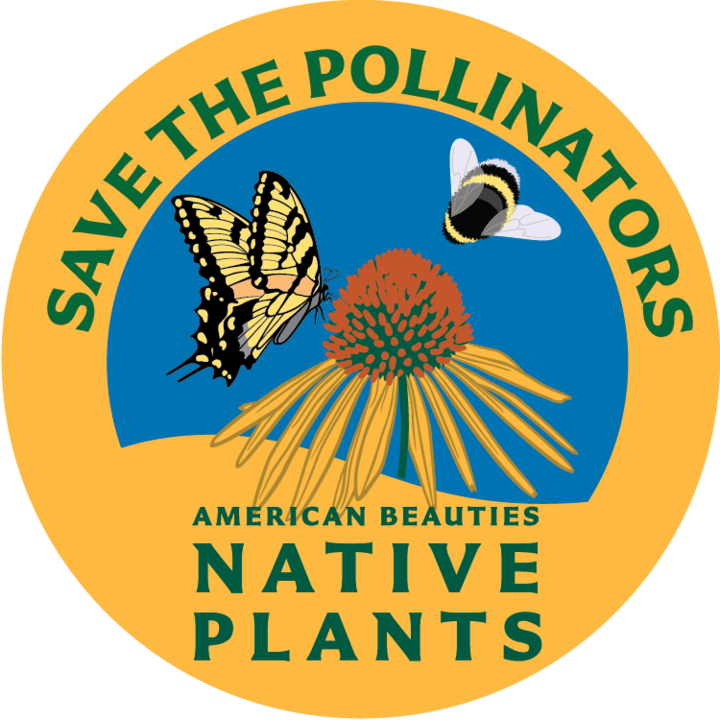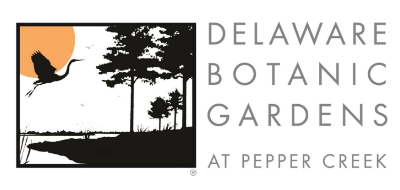Notable Natives: Golden Ragwort Far Exceeds its Name
By Su Fiske | Special to the Coastal Point Apr 6, 2023

Getty Images | Erkki Makkonen
Don’t let the name fool you, Golden Ragwort is a stunning spring blooming ground cover, a must have for the shade garden. What a beautiful way to welcome spring! Self-seeders, Packera aurea is important to the early pollinators with their daisy like head with beautiful, luscious green leaves. Pollinators like cuckoo bees, carpenter bees, and various halictid bees visit the Packera. Also, they make a great cut flower.
They are easy to grow, take full sun or part shade. In full sun they need to be watered more frequently. They will spread, naturally, not aggressively which makes them the perfect plant for use in gardens as a ground cover. The only maintenance needed is removal of the stems after flowering if you wish. I am a low maintenance gardener, so I let mine stay on. In my garden they have stayed evergreen all year round the past three years. The flowering stems reach 1-2′ in height and the leaves can have a purplish tint. Planting Golden Ragwort in mass under trees, shrubs, and in woodland type garden can be breathtaking in the spring. After the bloom, their green foliage is interesting, dense, and thus makes a great weed suppressor. Since they also tolerate moist soils, they can be used around ponds, water features, and along streams. To make them even more perfect they are deer resistant.
Wildlife Benefits: One of the first sources of nectar for pollinators and about 20 species of butterflies, carpenter bees, sweat bees, cuckoo bees, various halictid bees, and flies like syrphid, tachinid and fireflies pollinate the flowers. Host plant to caterpillars of 17 species of butterfly and moths including the Gem Moth.
Fun Facts: Named after the 20th century North American botanist John G. Packer. This herb was used to decrease fevers, help with digestion and teething babies, diabetes, water retention, bleeding, congestion, painful childbirth, high blood pressure, and broken bones by Colonists and Native Americans. (Sounds like it was the fix-all plant)
Read the article in the Coast Point here.















